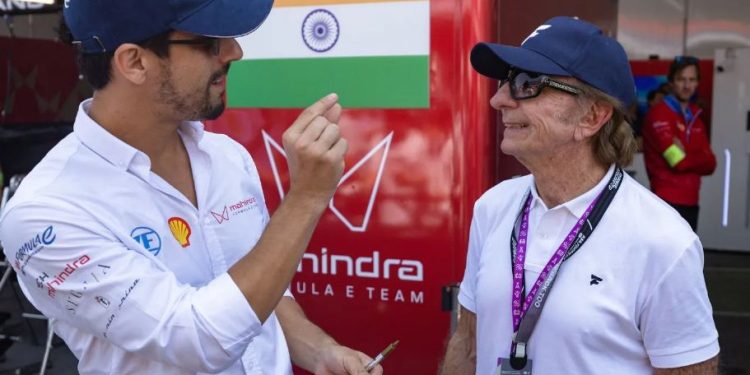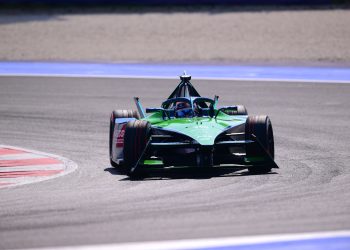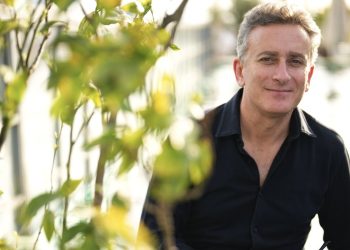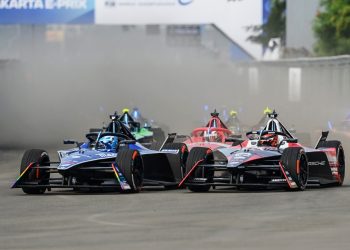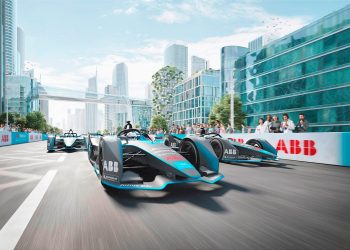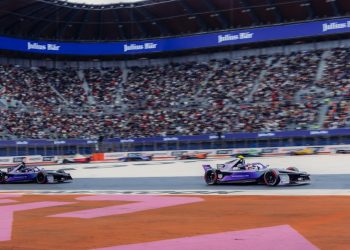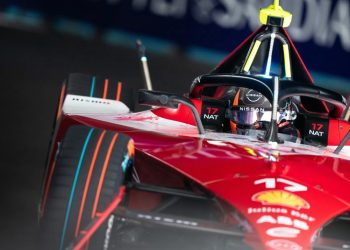Two-time Formula 1 World Champion Emerson Fittipaldi graced the great party that was the first E-Prix in the history of Brazil, held in the city of Sao Paulo.
The legend, a native of the host metropolis, praised the progress made by the electric single-seater series less than a decade after its foundation, in which it has already achieved the endorsement of the World Championship of the International Automobile Federation (FIA).
“It’s fantastic,” said the former grid racing driver ahead of the E-Prix, which was won by Jaguar TCS Racing’s Mitch Evans in a thrilling showdown.
Read also: Formula E is the Sustainability Leader in Zero Emissions Competition for Second Year in a Row
Two Strong Competitions in Town
“I was just chatting with the mayor of São Paulo, and now we have Formula E and Formula 1. I am from São Paulo, and we are very happy to have Formula E here,” he said.
The incredible race had 114 overtakes and was one of the best in the history of the championship. The nature of the 2.933-kilometer circuit was made up of three long straights and tricky chicanes, proving to be a challenge even for the most experienced drivers.
“I was very impressed with the downhill straight, the speed and acceleration,” added Fittipaldi – who got behind the wheel of the GEN1 car in 2018 ahead of the Julius Baer Zurich E-Prix.
“Talking to Lucas di Grassi from Mahindra Racing, the cars are very powerful and very difficult to drive. It’s great, and Formula E is growing all over the world and the races are wheel-to-wheel,” he explained.
Fittipaldi noted that it is a fantastic formula and is the vision of Alejandro Agag, Jean Todt and Alberto Longo. “If you think about 10 years ago, someone comes to you and says, ‘let’s do an electric formula,’ you think, ‘he’s crazy,’ but here we are.”
As for his predictions, the double F1 Champion declined to name any names, but was fascinated to see how the strategy would work. “Who will manage to save energy? Who is going to be leading? It’s hard to know, that’s why Formula E is exciting to watch because you never know until the end of the race how much the driver is decreasing the battery or how much he has to go.
Fittipaldi assured that this technology is going to be in family cars in the near future. “It’s very important what is being developed here. It’s a fantastic way for all car manufacturers to learn,” he concluded.



